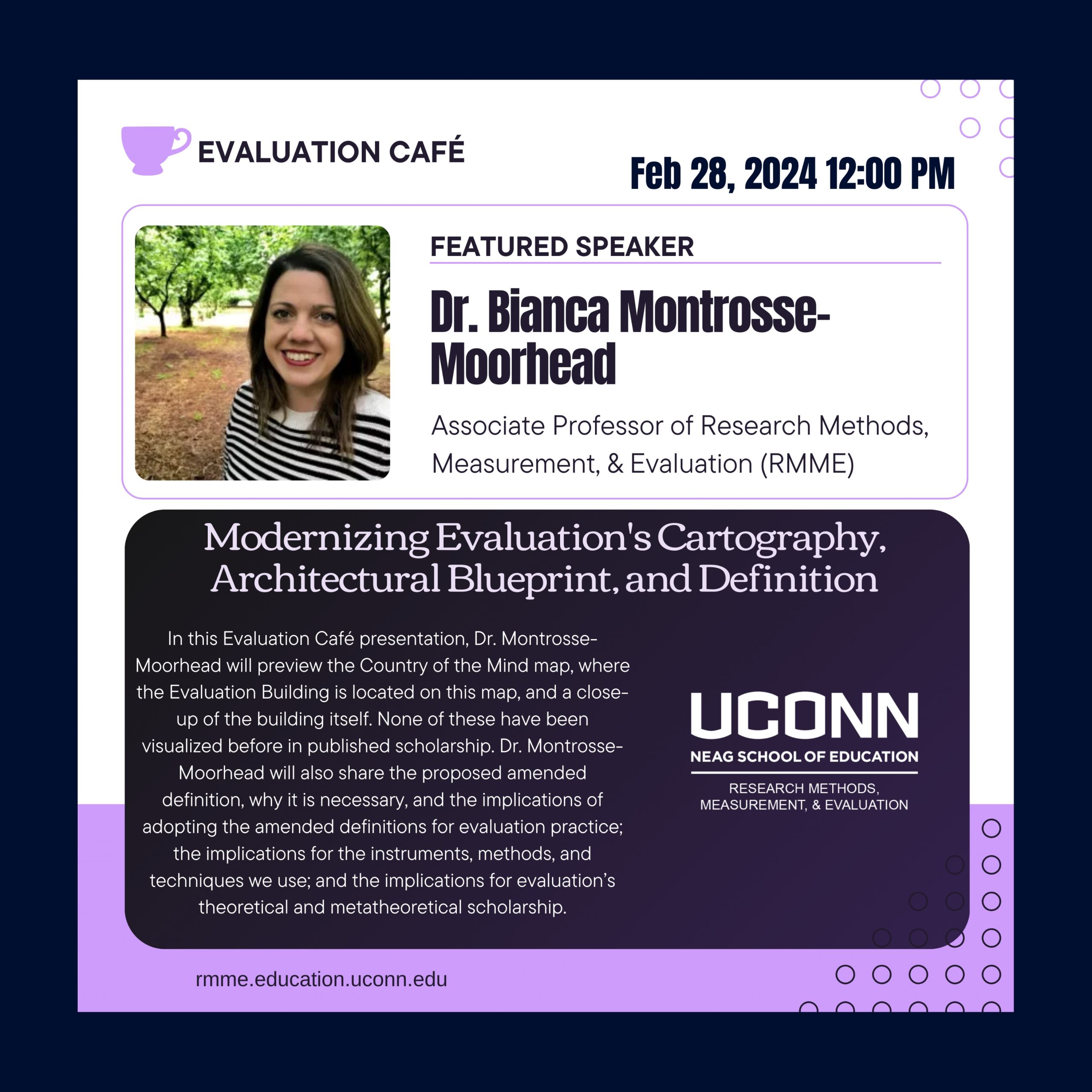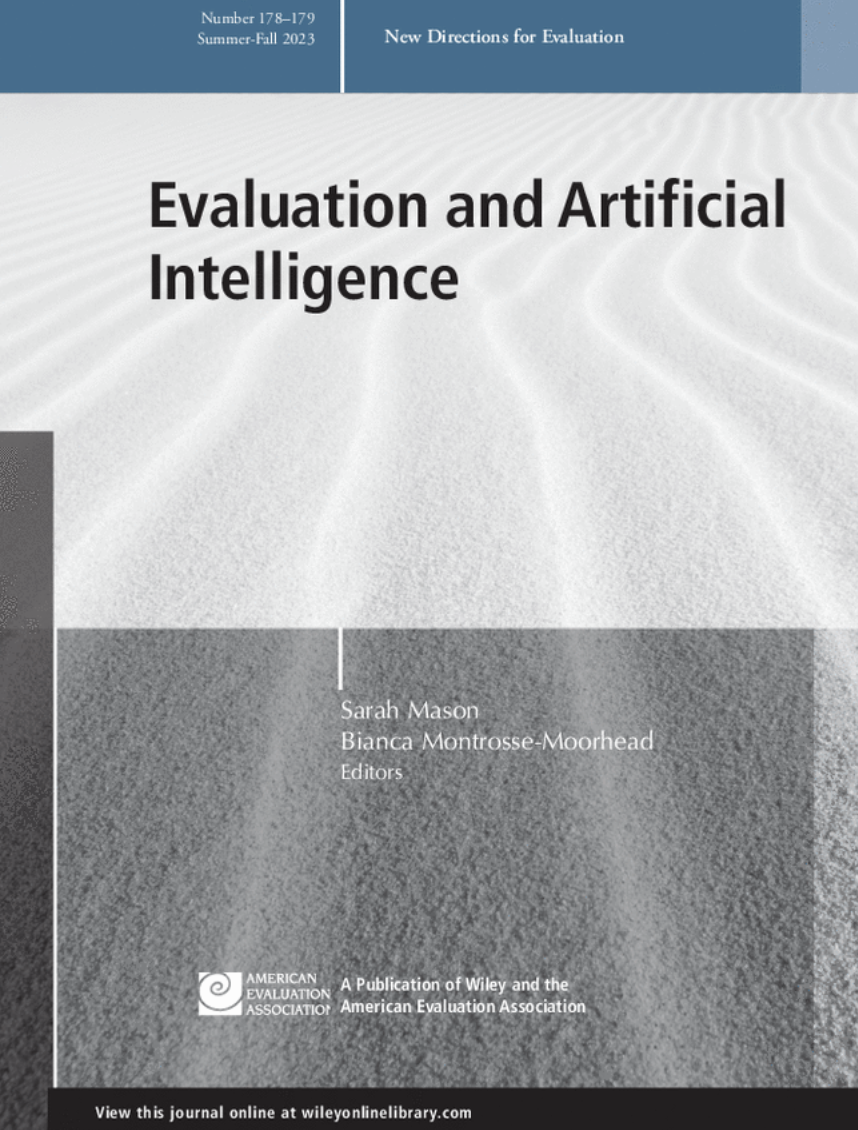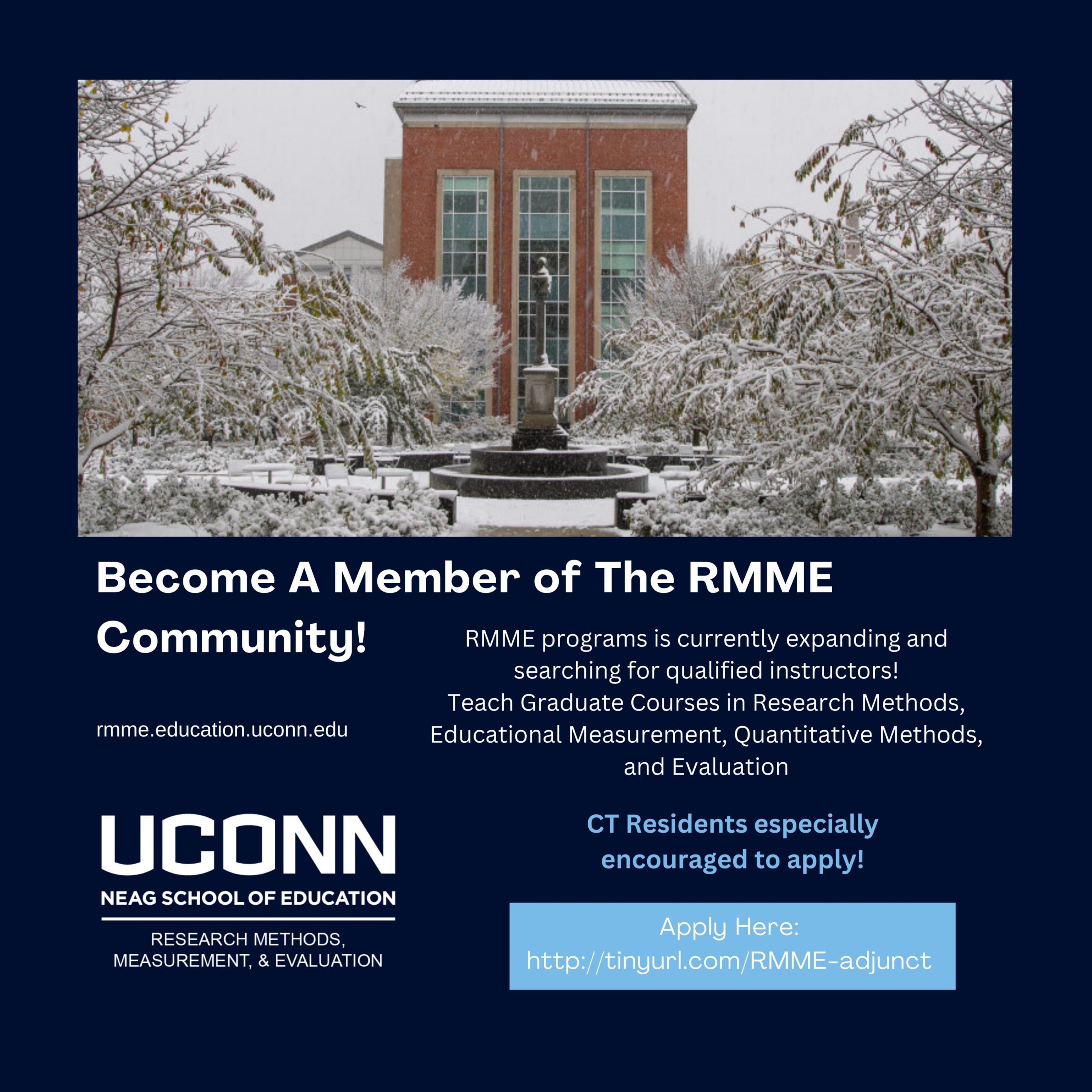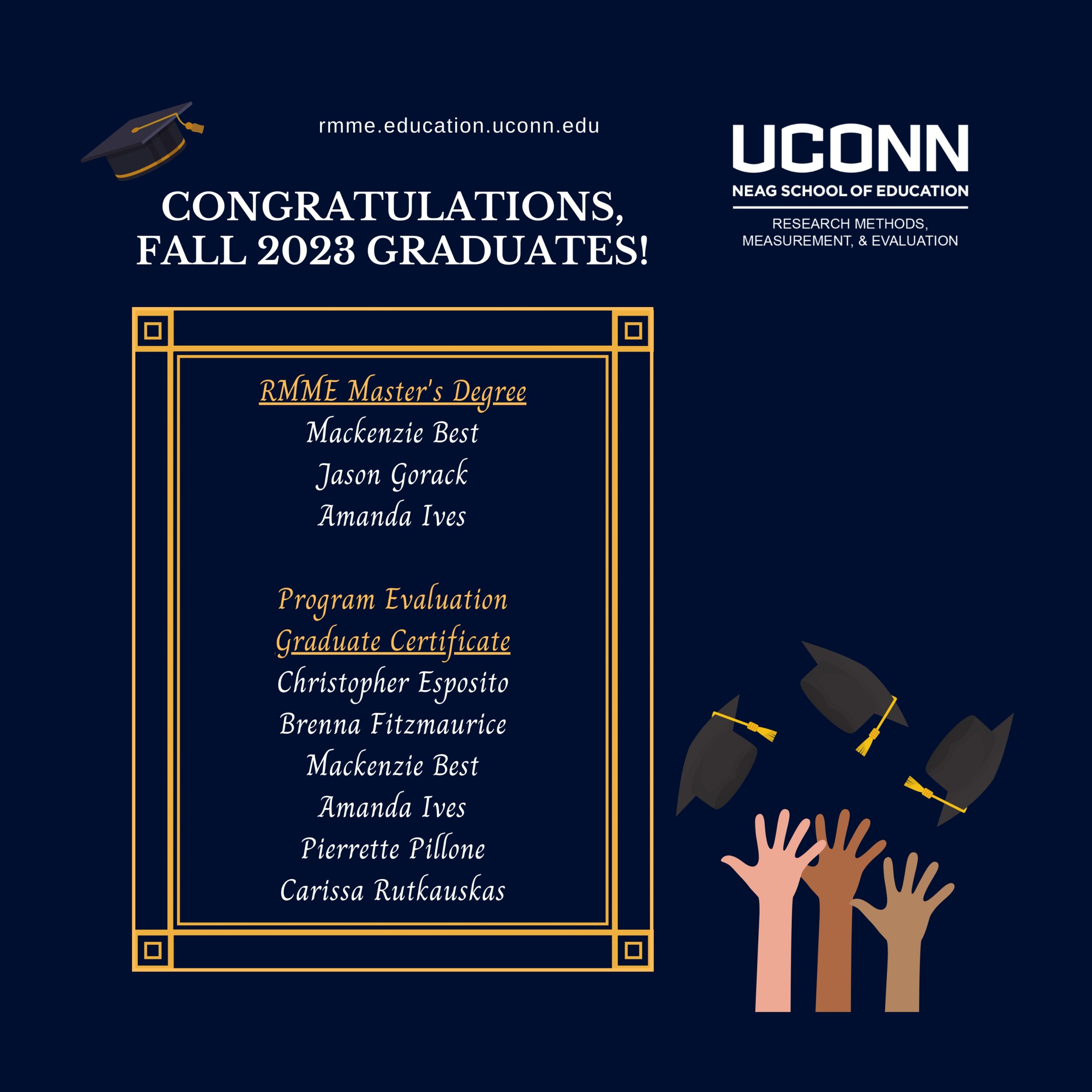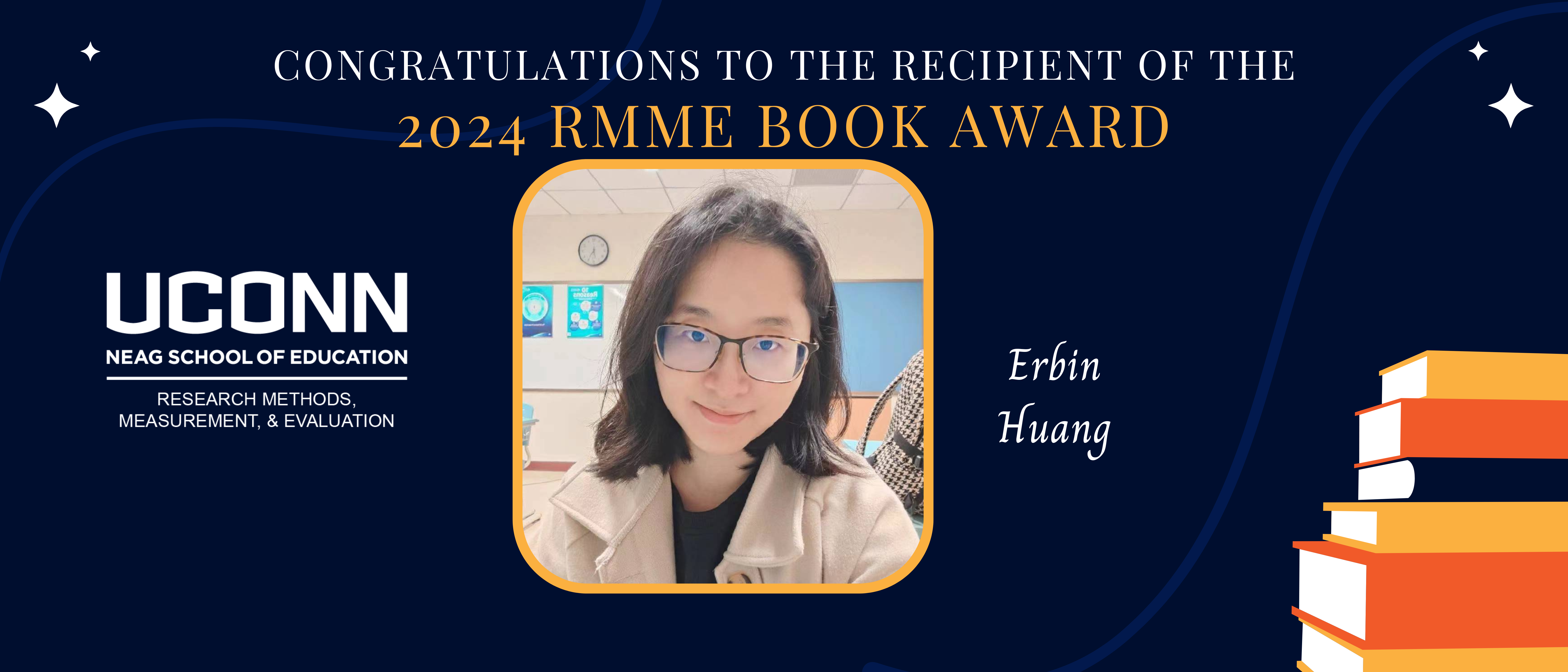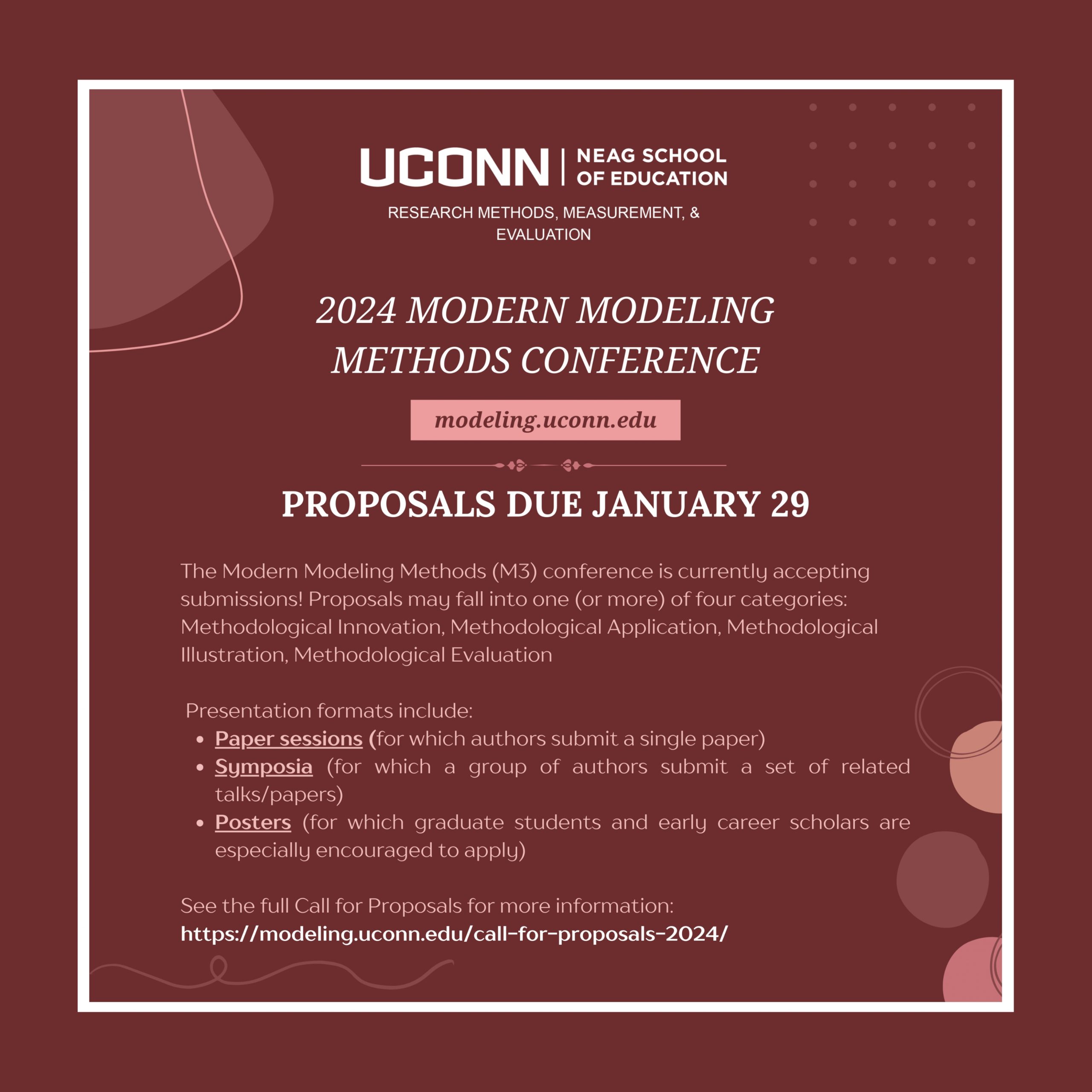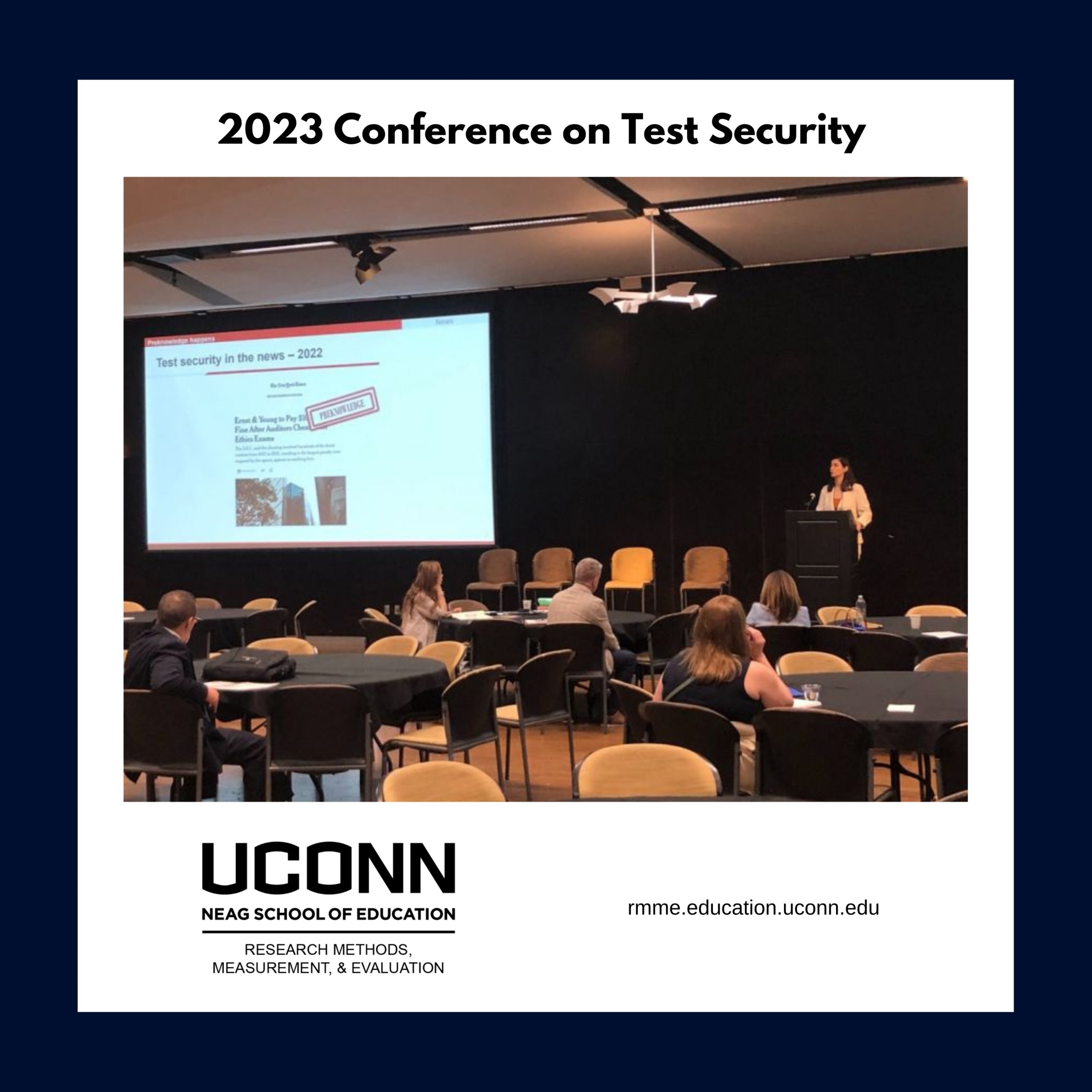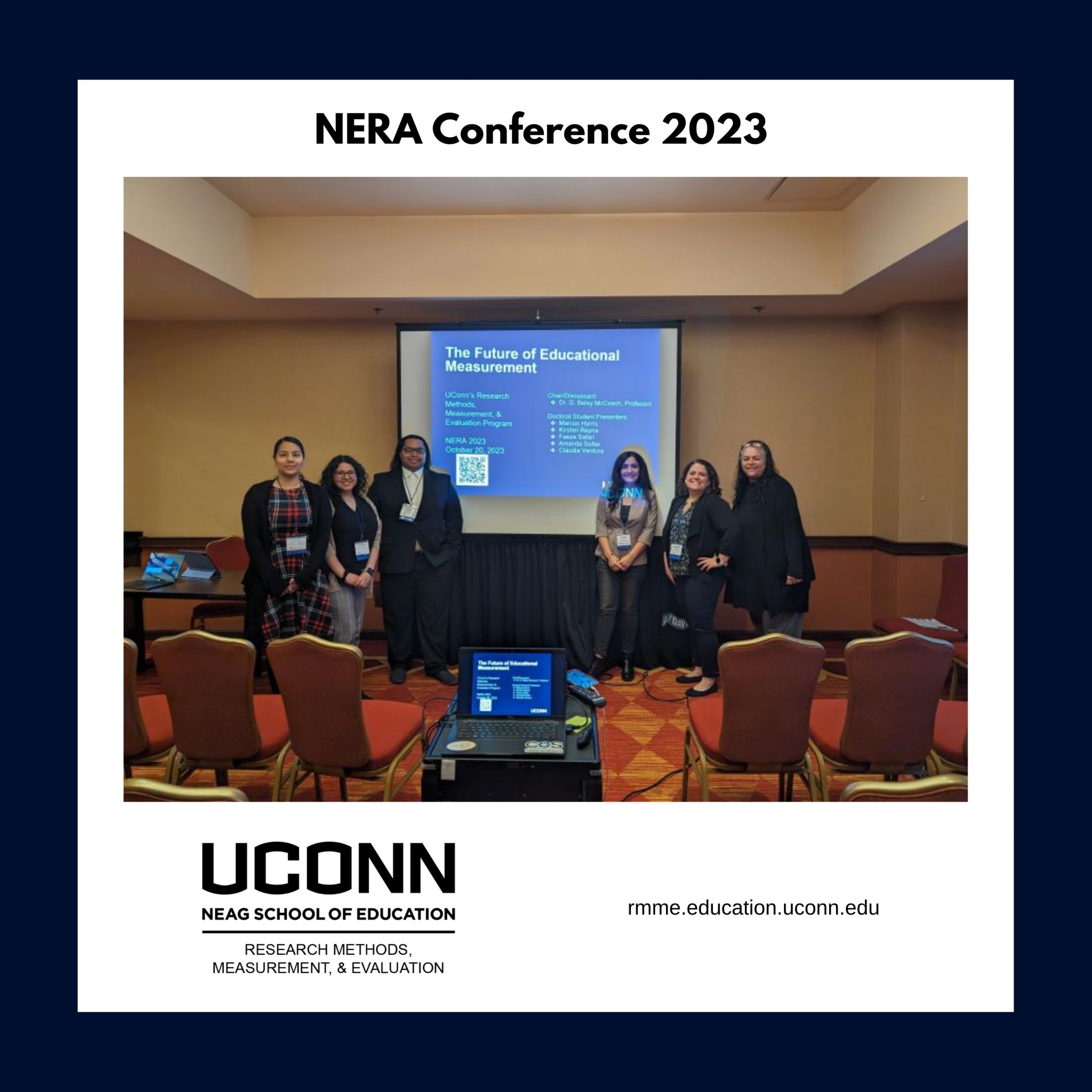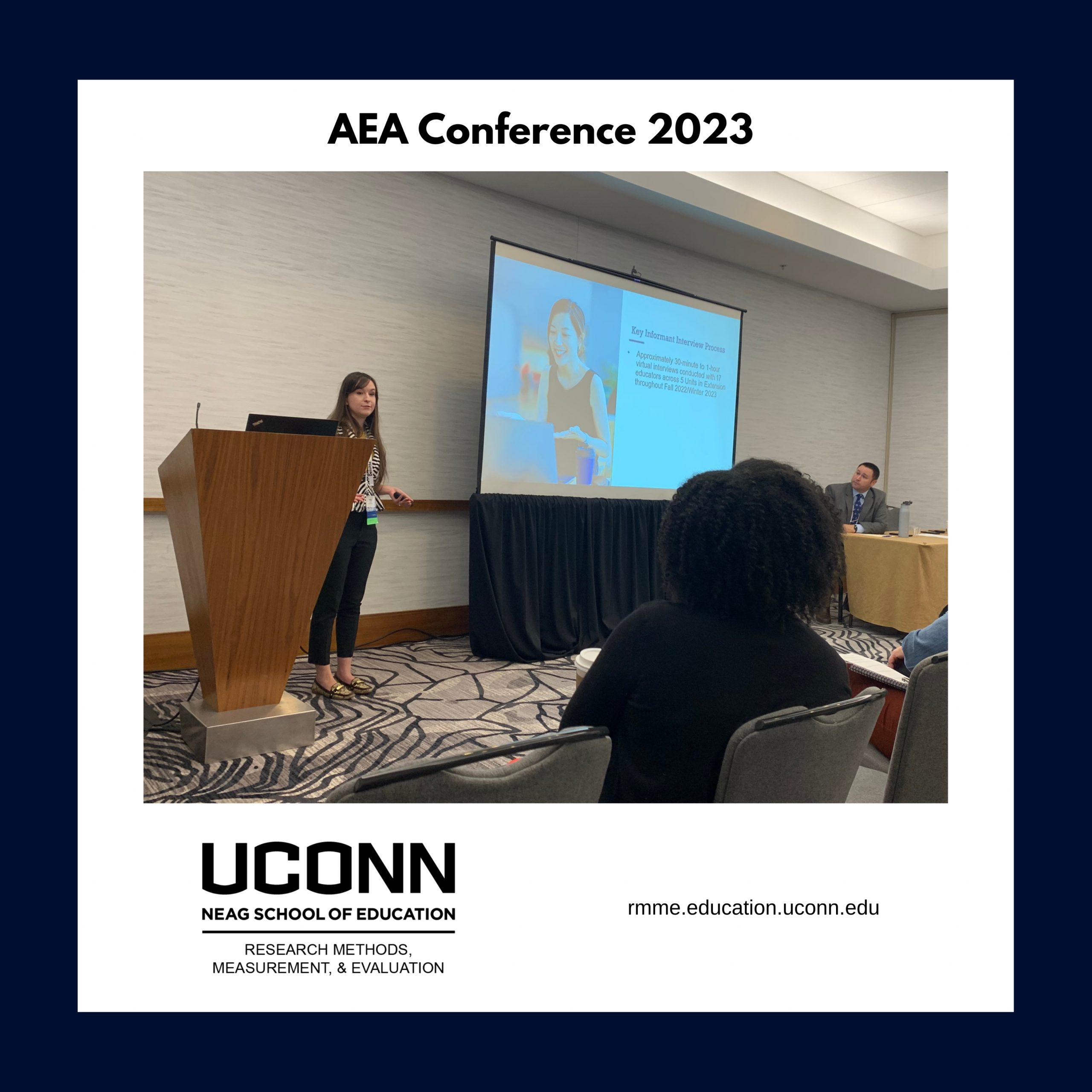What are RMME faculty up to? Check out Dr. Bianca Montrosse-Moorhead’s Evaluation Café talk on February 28, 2024, at 12pm ET, to find out! Her featured presentation is entitled, “Modernizing Evaluation’s Cartography, Architectural Blueprint, and Definition”. Register here to reserve your spot in this excellent session: http://tinyurl.com/EvalCafe2024-BMM
ABSTRACT: In this Evaluation Café presentation, Dr. Montrosse-Moorhead will preview the Country of the Mind map, where the Evaluation Building is located on this map, and a close-up of the building itself. None of these have been visualized before in published scholarship. Dr. Montrosse-Moorhead will also share the proposed amended definition, why it is necessary, and the implications of adopting the amended definitions for evaluation practice; the implications for the instruments, methods, and techniques we use; and the implications for evaluation’s theoretical and metatheoretical scholarship.
